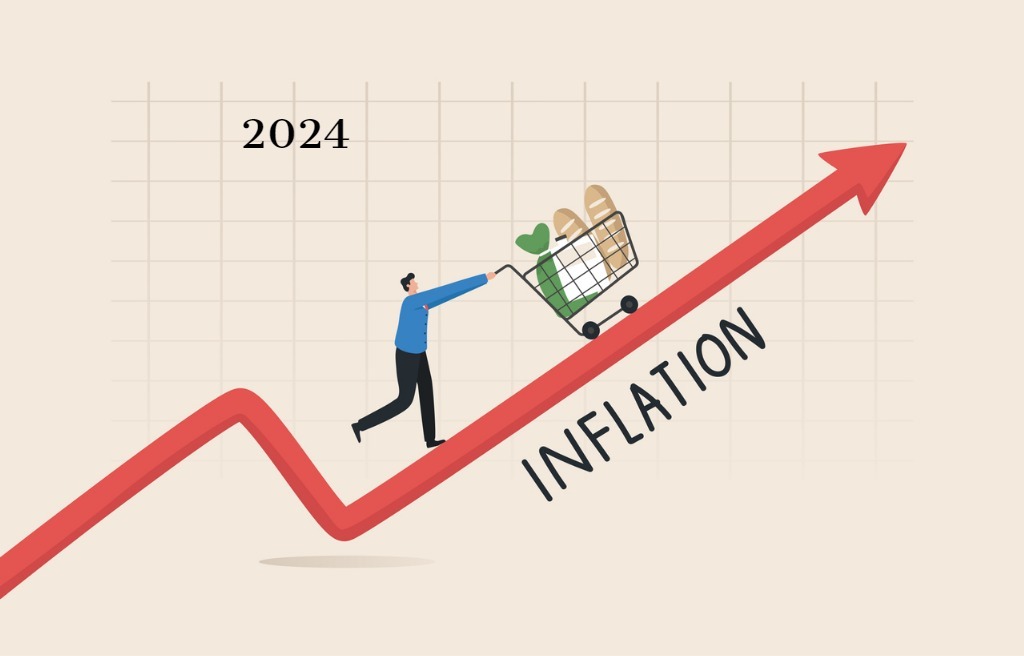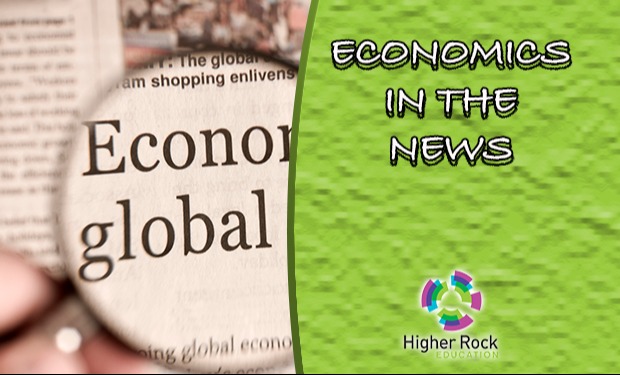"Higher Rock Education is committed to providing free economic education to develop global understanding, compassion, & economic literacy"
|
|
Our Lessons Are Free!Our passion…economics education. Our mission…to provide online, supplementary economics lessons to young adults, while fostering an appreciation for the relevance of Christianity and economic principles. Our goal…to make learning enjoyable and interesting. How...by providing interactive exercises, videos, text, and relevant articles. Our classroom…anywhere with an internet connection. Our market…teachers, homeschools, schools, and anyone else interested in understanding economics. As a Non-Profit Organization, we Depend on Your Donations - Thank You! |
|---|---|
| Our Lessons Include: | |
| Text | |
| Scripture Lesson | |
| Interactive Exercises | |
| Supplemental Videos | |
| Detailed Glossary of Economic Terms | |
| Links to Relevant Articles and Resources | |
| View Lessons |

Inflation exceeded forecasts; food prices rose, but lower gasoline prices kept inflation at 2.4%, a 3 1/2 year low. The core index increased slightly. Read HRE's summary. MORE

Tampa Bay braces for Hurricane Milton. The Savannah Bananas are leveling up their act in 2025. Dockworkers return to work following a three-day strike. Catch up on the latest Economics in the News. MORE

Improvements in hiring, unemployment, and wages surpassed expectations, providing positive news for Federal Reserve policymakers. Learn more from HRE's summary and analysis. MORE
I like the way Higher Rock makes economics understandable by providing clear written text, entertaining videos, and instructive interactive exercises.
I love the Scripture lessons!
The Higher Rock lessons have been presented in an easy-to-understand format, with the information in each lesson being very relevant and extremely helpful in furthering my knowledge of economics. I appreciate that the lessons are straightforward and are explained in terms that are accessible for people with varying levels of exposure to economics.